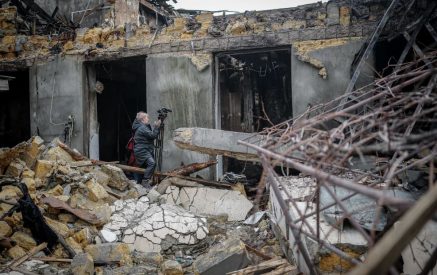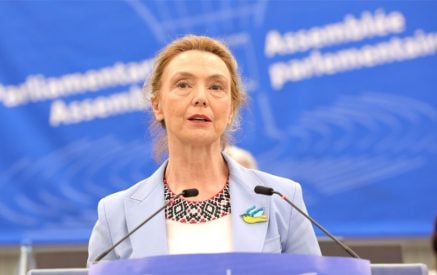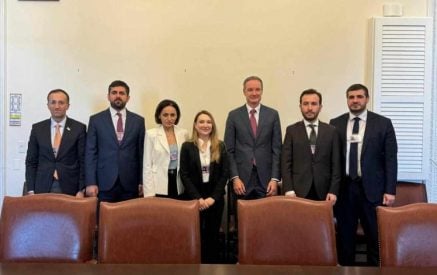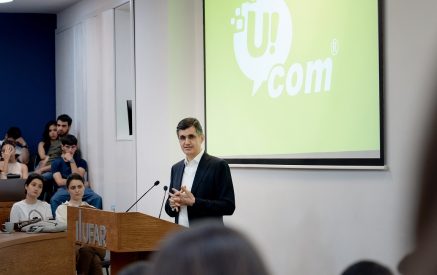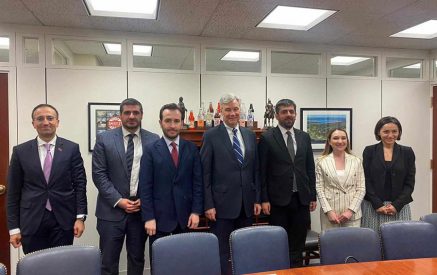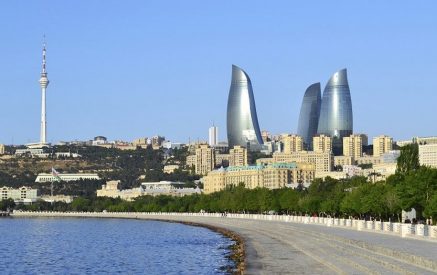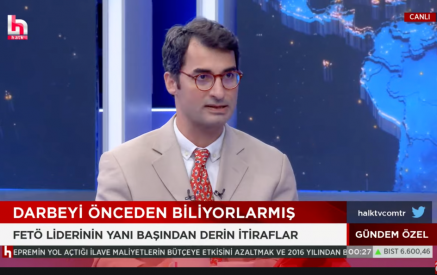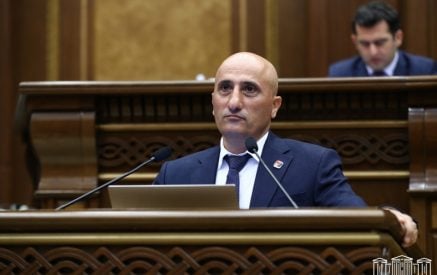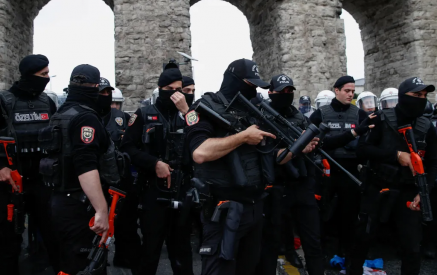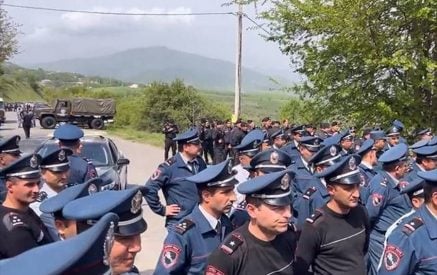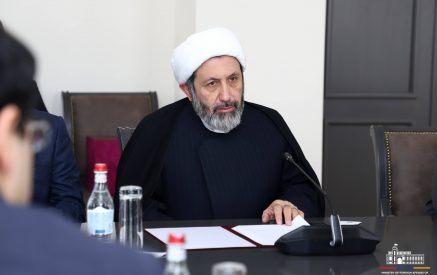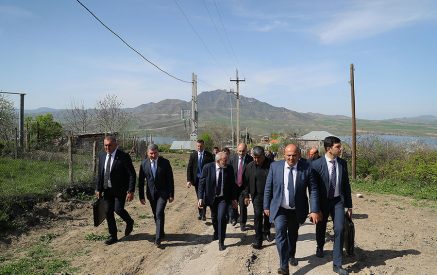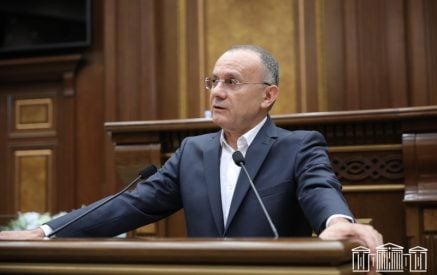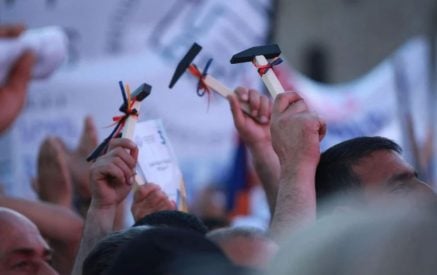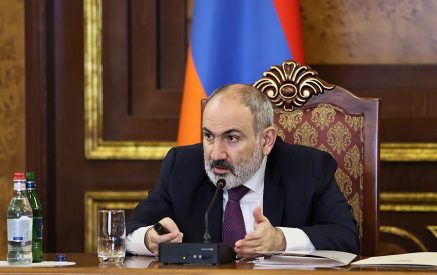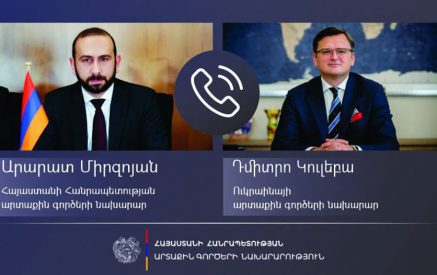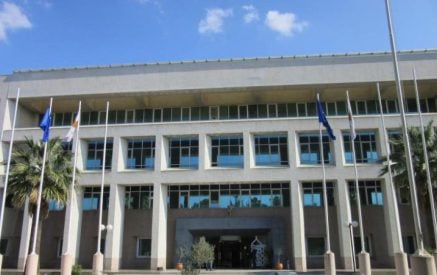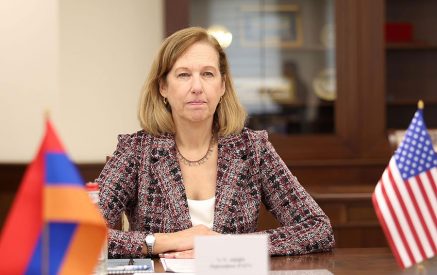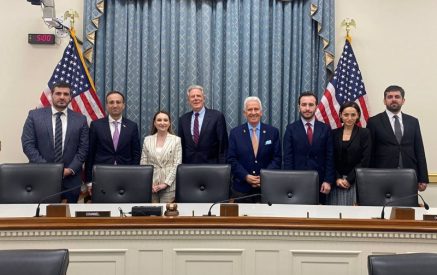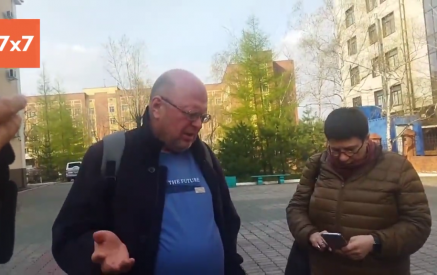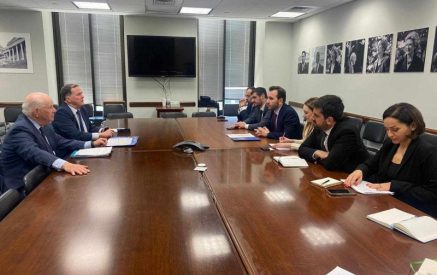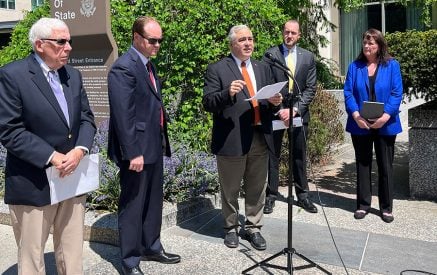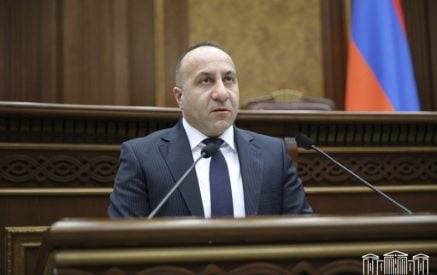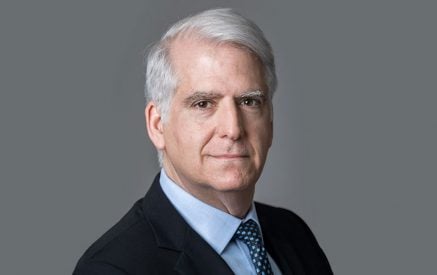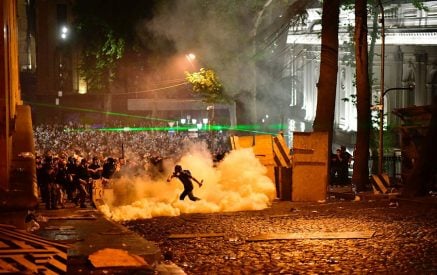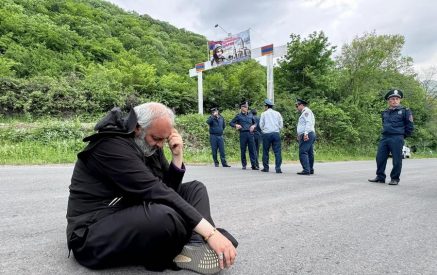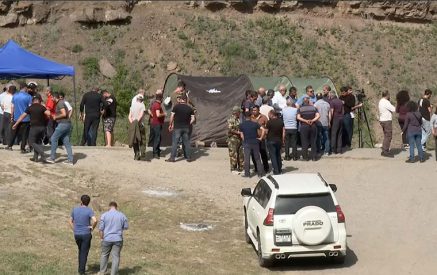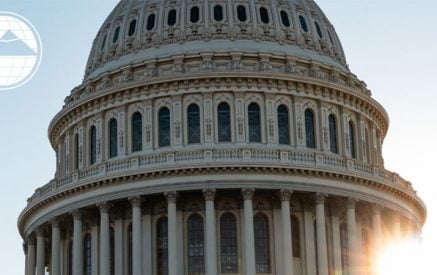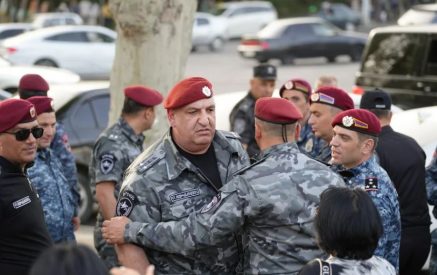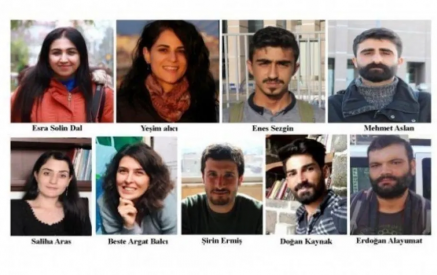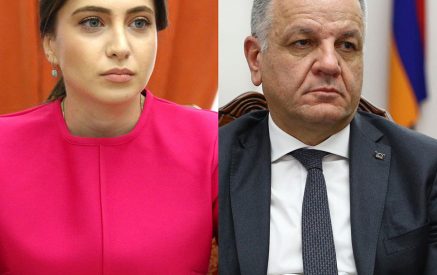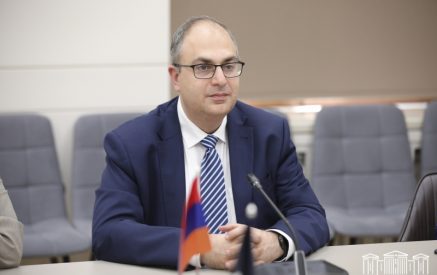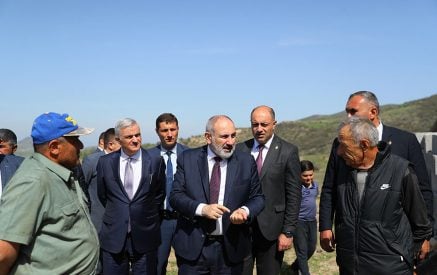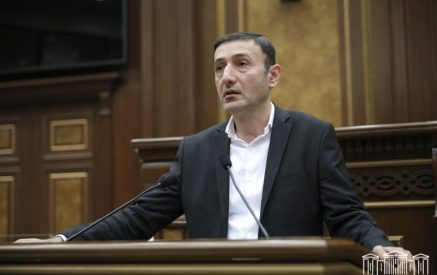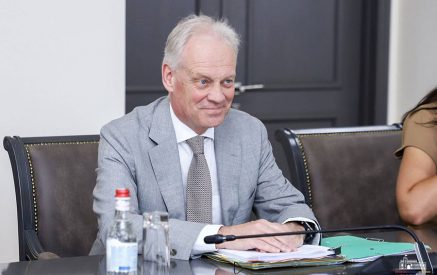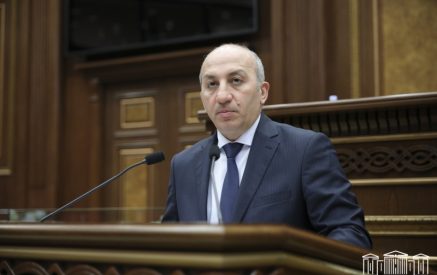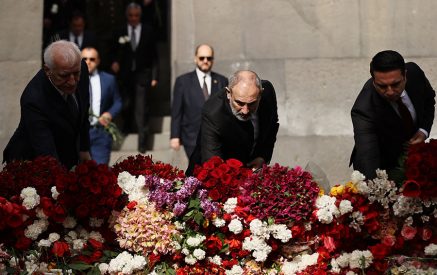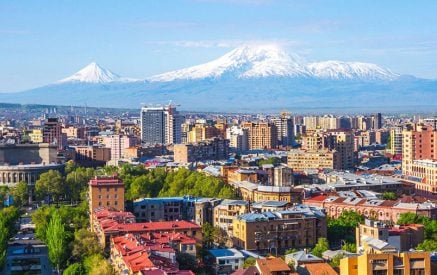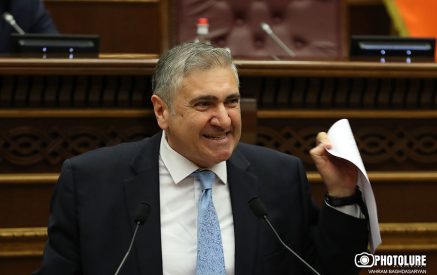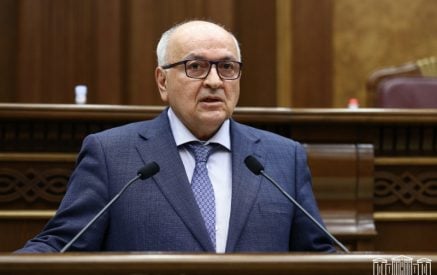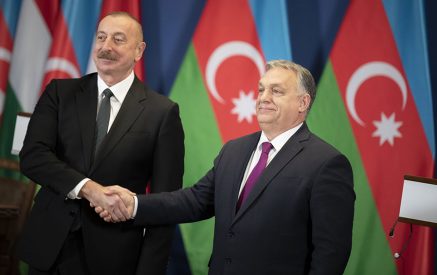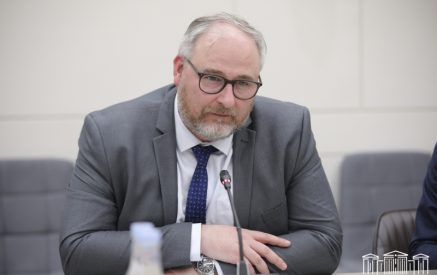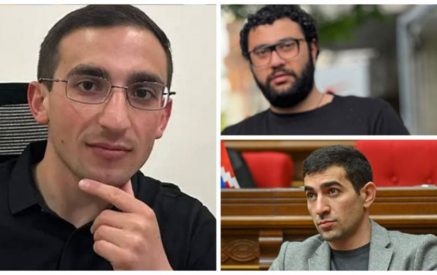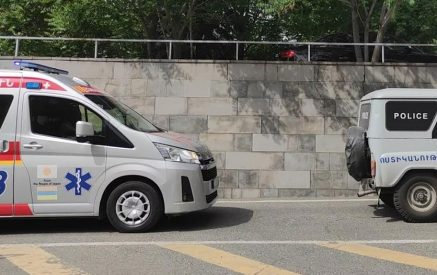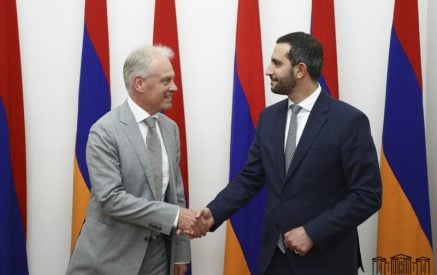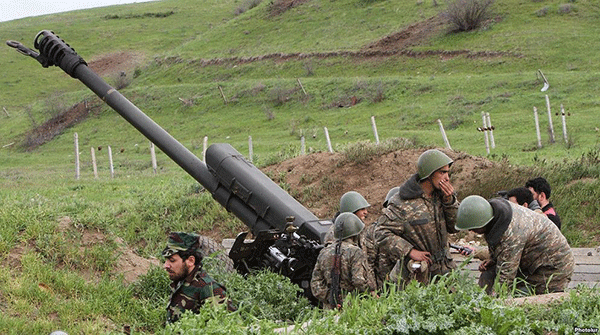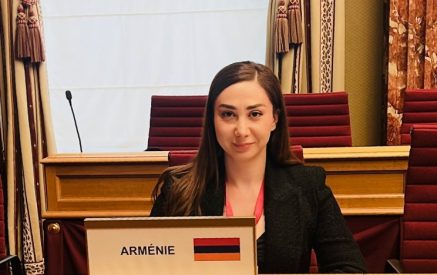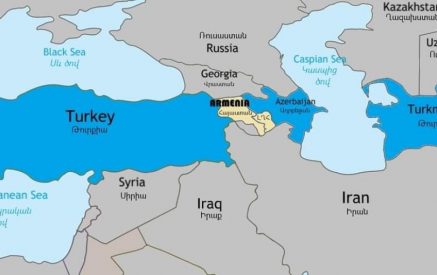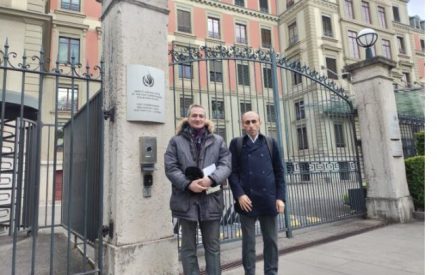Yesterday, the Nagorno Karabakh Republic (NKR) and Azerbaijan reached a cease-fire after three days of intense fighting. Reports show the cessation of hostilities seems to be holding.
Fighting broke out between NKR defense forces and Azerbaijani forces on April 2, which was the heaviest seen in the territory in two decades.
Azerbaijan and Armenia fought a war over the NKR territory from 1988 to 1994 that claimed the lives of more than 30,000 people. The conflict is generally considered to be “frozen.” Since then, internationally mediated negotiations have failed to achieve a resolution, leading to sporadic violence breaking out over the years.
After the truce went into effect on April 5, both Russia and the United States were optimistic, but the two warring sides were urged to return to the negotiating table.
Read also
The co-chairs of the OSCE Minsk Group mediating the conflict, including representatives from France, Russia, and the United States, met with Azerbaijan’s President Ilham Aliyev in Baku on April 6. The mediators “stressed that it is important to return to the political process on the basis of a sustainable cease-fire.”
Russian Prime Minister Dmitry Medvedev and Foreign Minister Sergei Lavrov headed to Azerbaijan’s capital today as well.
President Serzh Sargsyan met with German Chancellor Angela Merkel and President Joachim Gauck in Berlin today, discussing the recent developments in NKR. “The Minsk group has an important role to play in the resolution of this conflict. We are trying within the Minsk Group, as well as with the OSCE, to accelerate the process of maintaining the cease-fire for both sides,” Merkel said.
Armenian Foreign Minister Edward Nalbandian and his German counterpart, Frank-Walter Steinmeiner, also joined President Sargsyan in a later meeting. The Minister of Foreign Affairs of Germany reiterated his appeal to the parties of the conflict and underscored once again that the NKR conflict has “no military solution.” Steinmeiner said the parties must return to the negotiations conducted in the framework of the OSCE Minsk Group Co-Chairs. He also stressed the importance of implementing “confidence building measures” as well as monitoring the Line of Contact by the Office of the Personal Representative of the OSCE Chairman-in-Office.
Each side has accused the other of starting the latest outbreak of violence, which has involved tanks, helicopters, and artillery. However, experts from Chatham House and the Carnegie Endowment for Internation Peace conclude that Azerbaijan launched the April 2-5 military offensive.
Azerbaijan’s Defense Ministry has reported that 31 Azerbaijani servicemen have been killed in the fighting, while one helicopter and one tank have been lost.
Earlier this morning, Karabakh’s defense forces said that “last night, the cease-fire was generally maintained” along the Line of Contact. The military added that “sporadic shooting” had taken place despite the cease-fire but it had no impact on the general situation.
On the Armenian side, at least 29 fighters have been killed and 28 others are missing in action.
A number of civilians were also reported killed on both sides, along with Armenian “volunteers.”
Azerbaijan’s army claims to have taken control of several strategic locations inside NKR, which Armenia and Karabakh deny.
“It’s a very nascent cease-fire, but we’re encouraged that it does seem to have taken hold,” U.S. State Department spokesman Mark Toner told reporters. “We are actively engaging with both sides to urge them to strictly adhere to the cease-fire.”
On April 5 in Moscow, Russian President Vladimir Putin called the Azerbaijani and Armenian presidents after the cease-fire agreement and told them to “ensure” an end to the violence. Azerbaijani President Aliyev said the conflict could be solved peacefully if the Armenian leadership “behaves sincerely at the negotiating table.”
In response, Armenian Deputy Foreign Minister Shavarsh Kocharian said the unrecognized Nagorno Karabakh Republic’s involvement in the negotiating process is “a priority goal.” “This has no alternative,” he said.
In the U.S, Armenian American groups called on the Obama administration to take decisive action. “The current situation demands much more than condemnation – a robust and immediate response from the United States is needed to stop the pattern,” stated Anthony Barsamian and Van Krikorian, board of trustees co-chairs of the Armenian Assembly of America in a letter to Secretary of State John Kerry.
Armenian Agenda

